There are many types of allergy that can trigger a negative immune system response in infants and children. Here, you'll find more information about the most common allergies.
Eczema
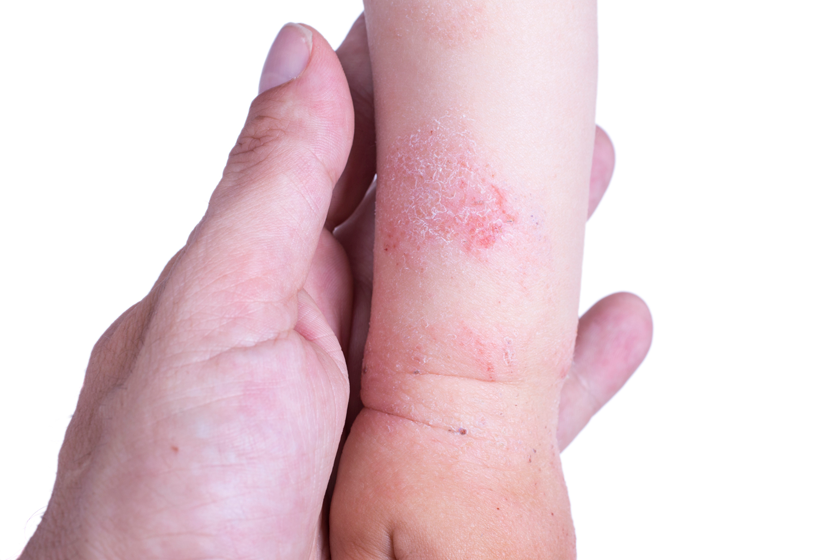
In 45% of children, eczema begins to occur within the first 6 months of life (according to statistics from Allergy UK). Eczema causes an uncomfortable inflammation of the skin due to an overly reactive inflammatory response and affects 1 in 5 children.
Asthma
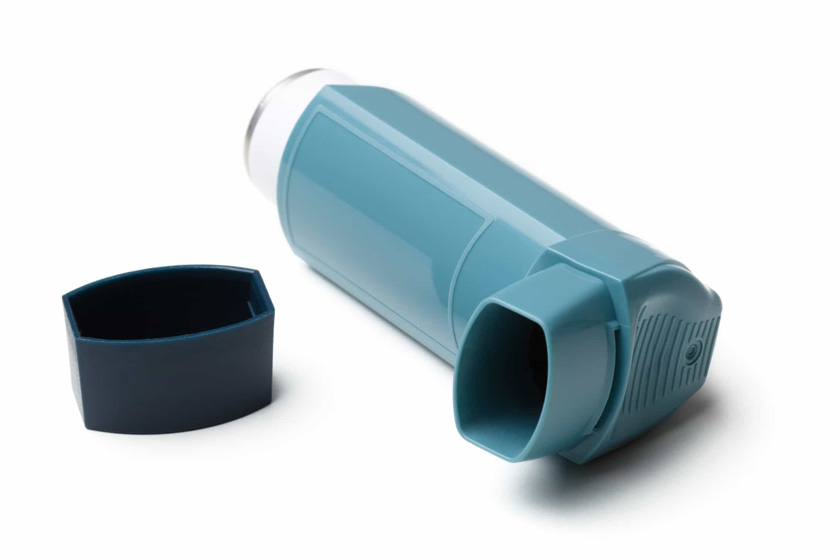
5.4 million people in the UK are currently receiving treatment for asthma (ref - Allergy UK). If you suspect that your child might have asthma, we can help you diagnose, medicate and manage the disease to improve their quality of life.
Allergic & Non-Allergic Rhinitis
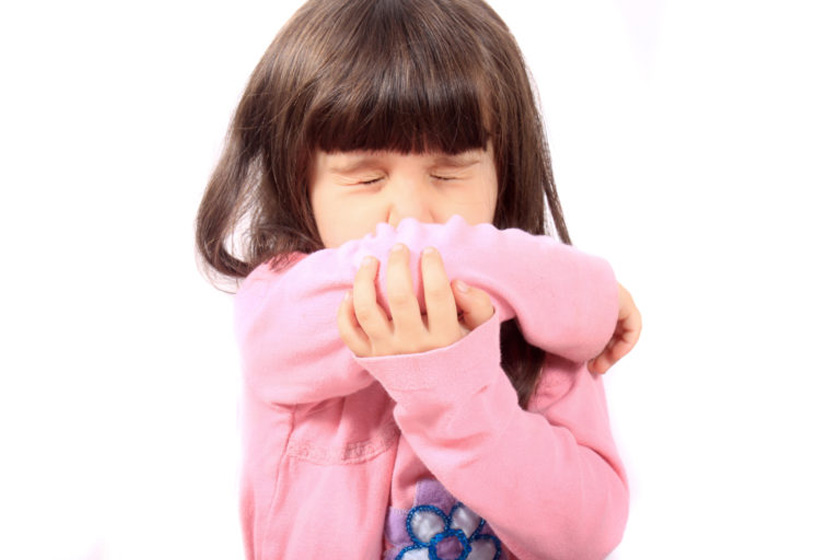
Hayfever is a common allergic reaction - usually caused by substances such as grass pollen, weed pollen, house dustmites and mould. Dr Costa can help diagnose and recommend a plan to manage your child's hayfever.
Food Allergy

It's important to seek the right advice if you suspect that your child is having an allergic reaction to certain foods. We'll thoroughly assess their symptoms, test and provide a diagnosis to ensure that you can prevent the symptoms of food allergy in future.
Gastrointestinal Allergy

Gastrointestinal allergy can cause severe symptoms such as vomiting, nausea, reflux and pain. Dr Costa can provide a clinical evaluation and testing to reach a diagnosis and help improve your child's quality of life.
Pet & Animal Allergy
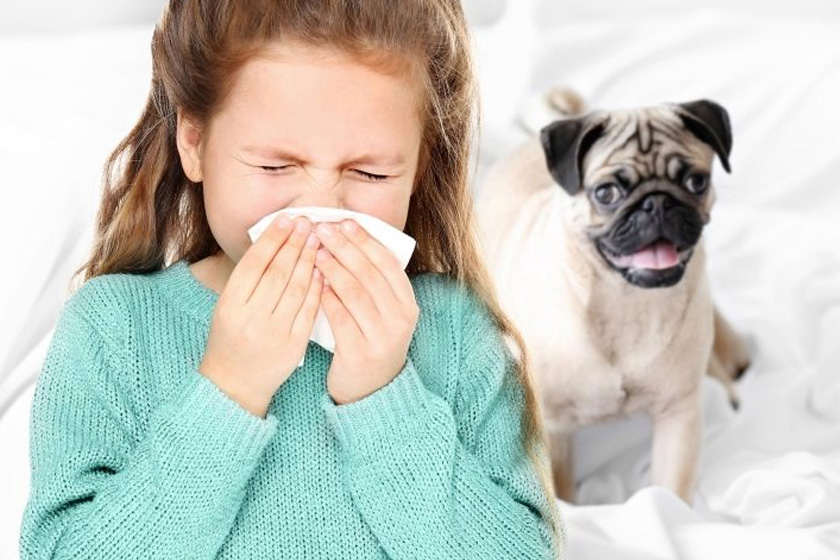
Pet or animal allergies are caused by the protein in an animal's saliva, urine or skin particles which an immune system can recognise as a harmful substance. This type of allergy can be more common in those with hayfever or asthma.
Insect Venom Allergy
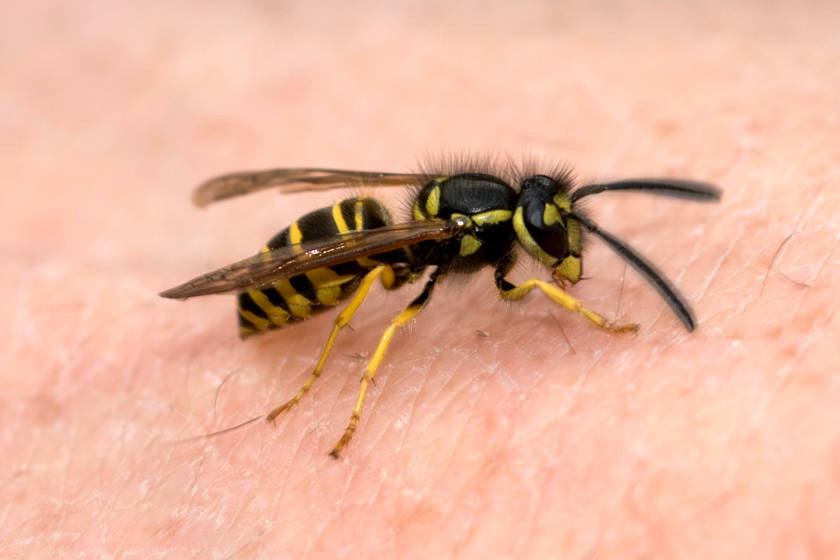
Stings from honeybees, wasps, hornets, yellow jackets and fire ants can all trigger allergic reactions once their venom penetrates the skin. Symptoms are mostly external and can cause skin rashes, redness, hives, itching, swelling and in less common cases -anaphylaxis.
Chronic Spontaneous Urticaria
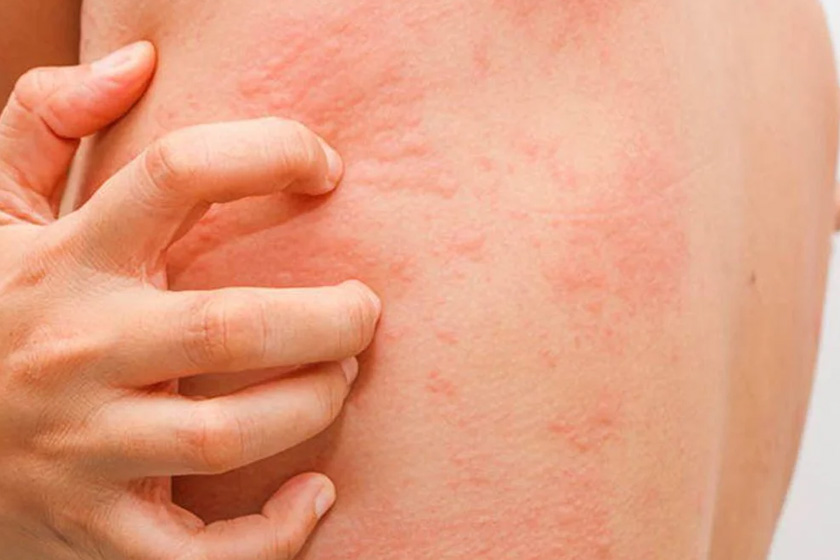
Chronic Spontaneous Urticaria is also known as hives and is characterised by pink or white raised rashes, which can appear anywhere on the skin. This condition can be dividied into two categories - either acute or chronic depending on how long the symptons last for.
Chronic Spontaneous Angioedema
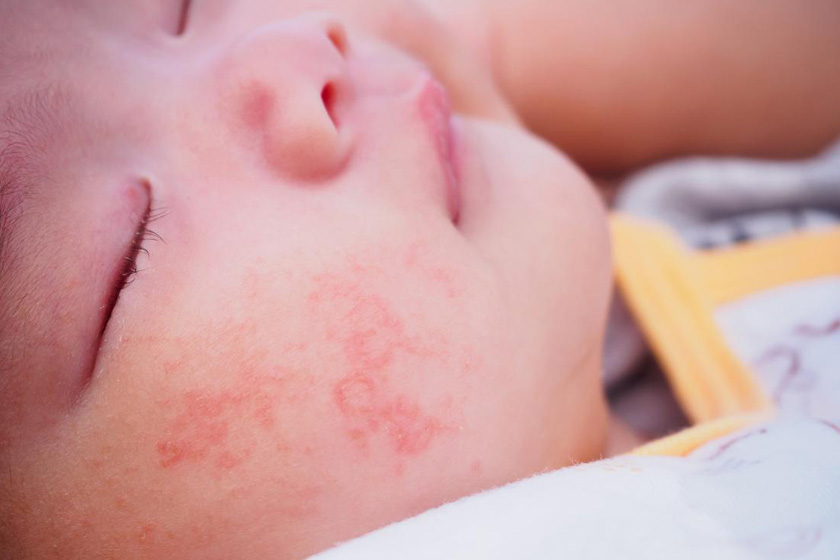
Chronic Spontaneous Angioedema is characterised by deep swelling in the skin and normally affects the lips and the tongue - caused by the release of histamine in the cells. There are various substances that can trigger it.
